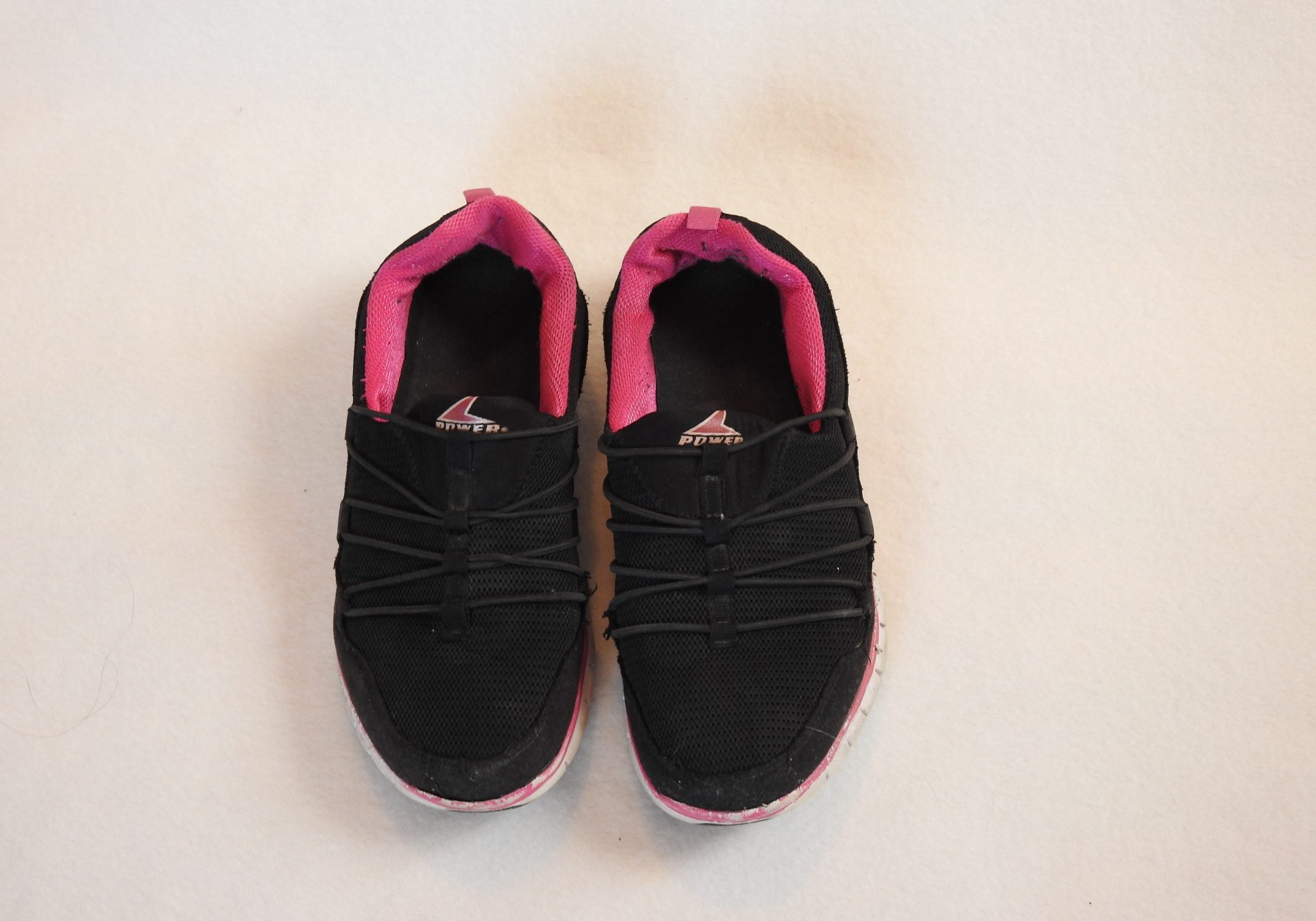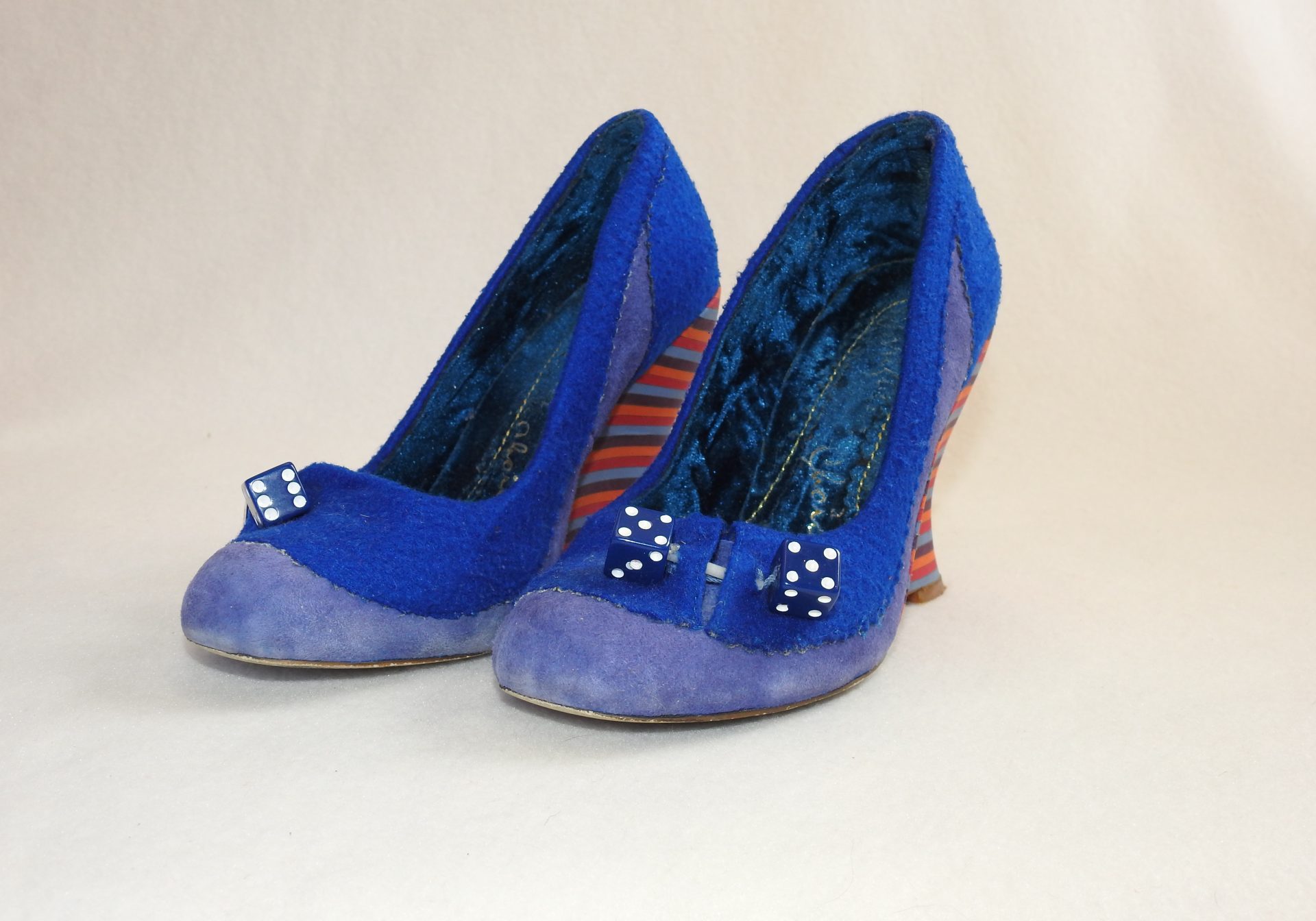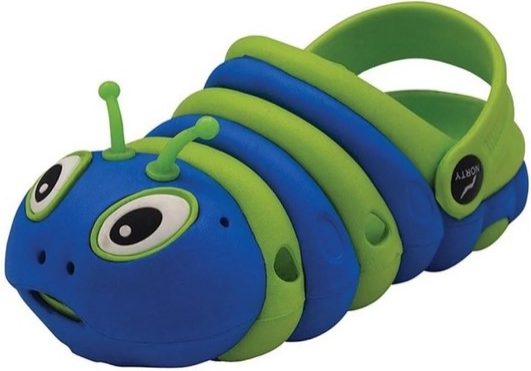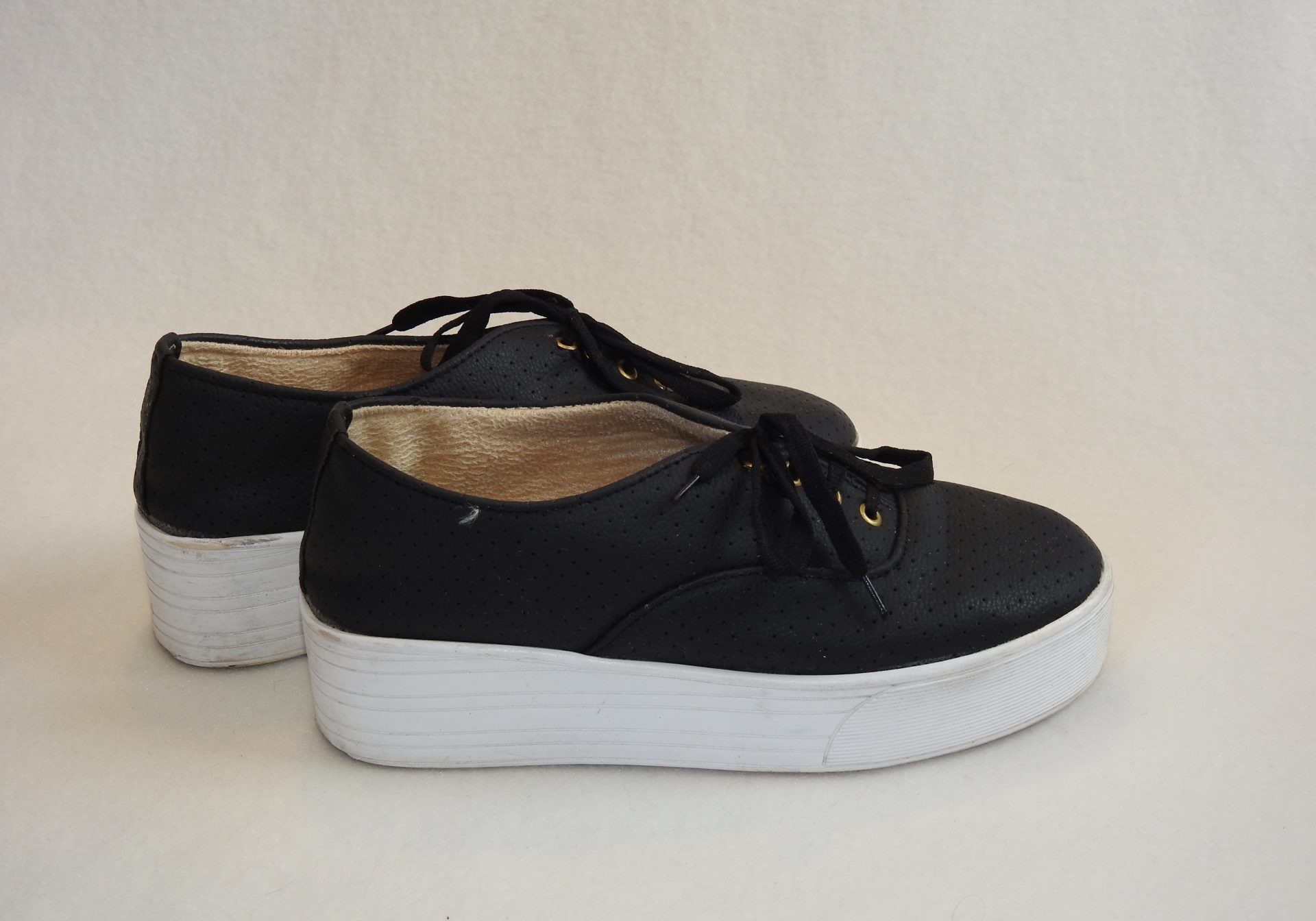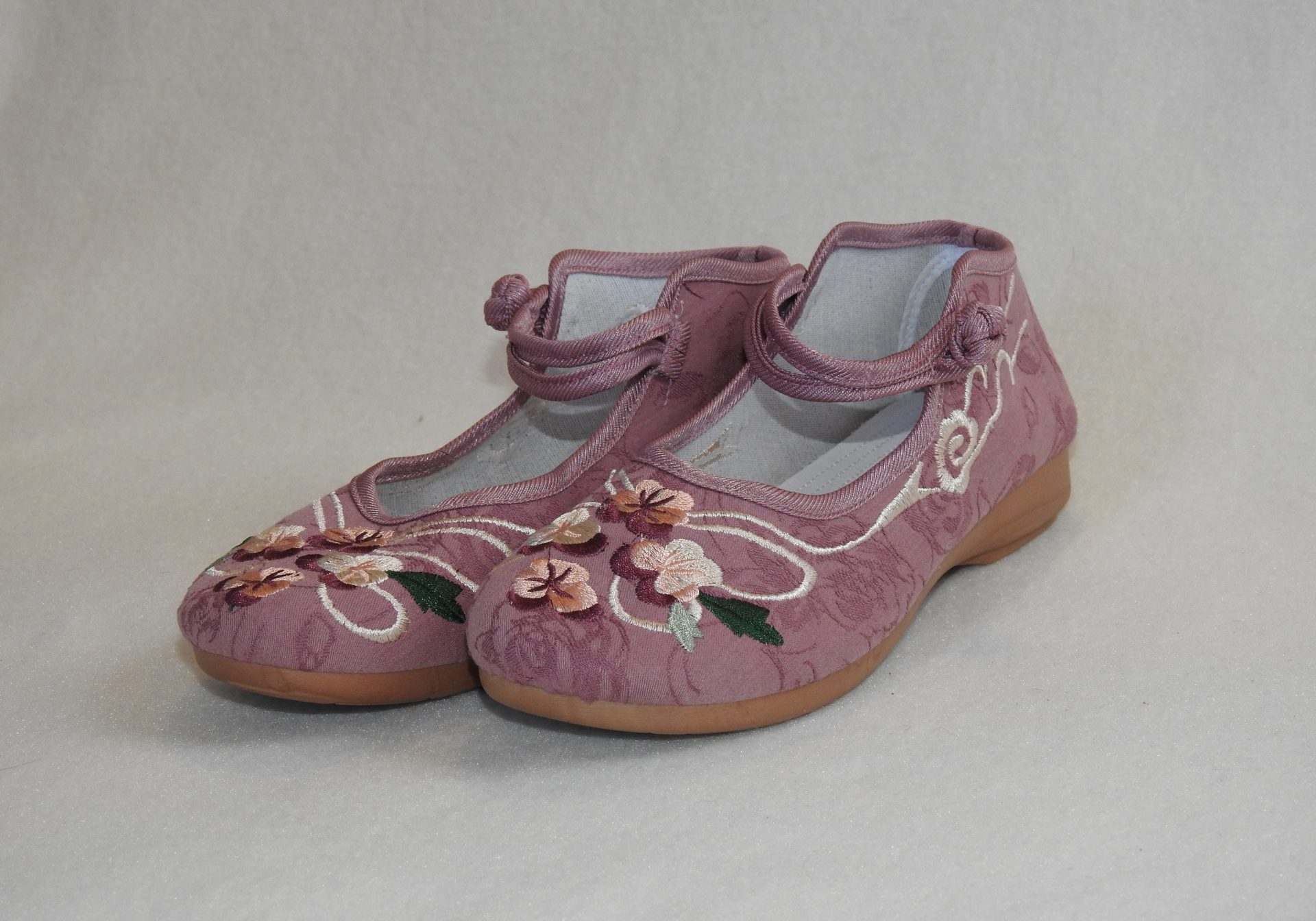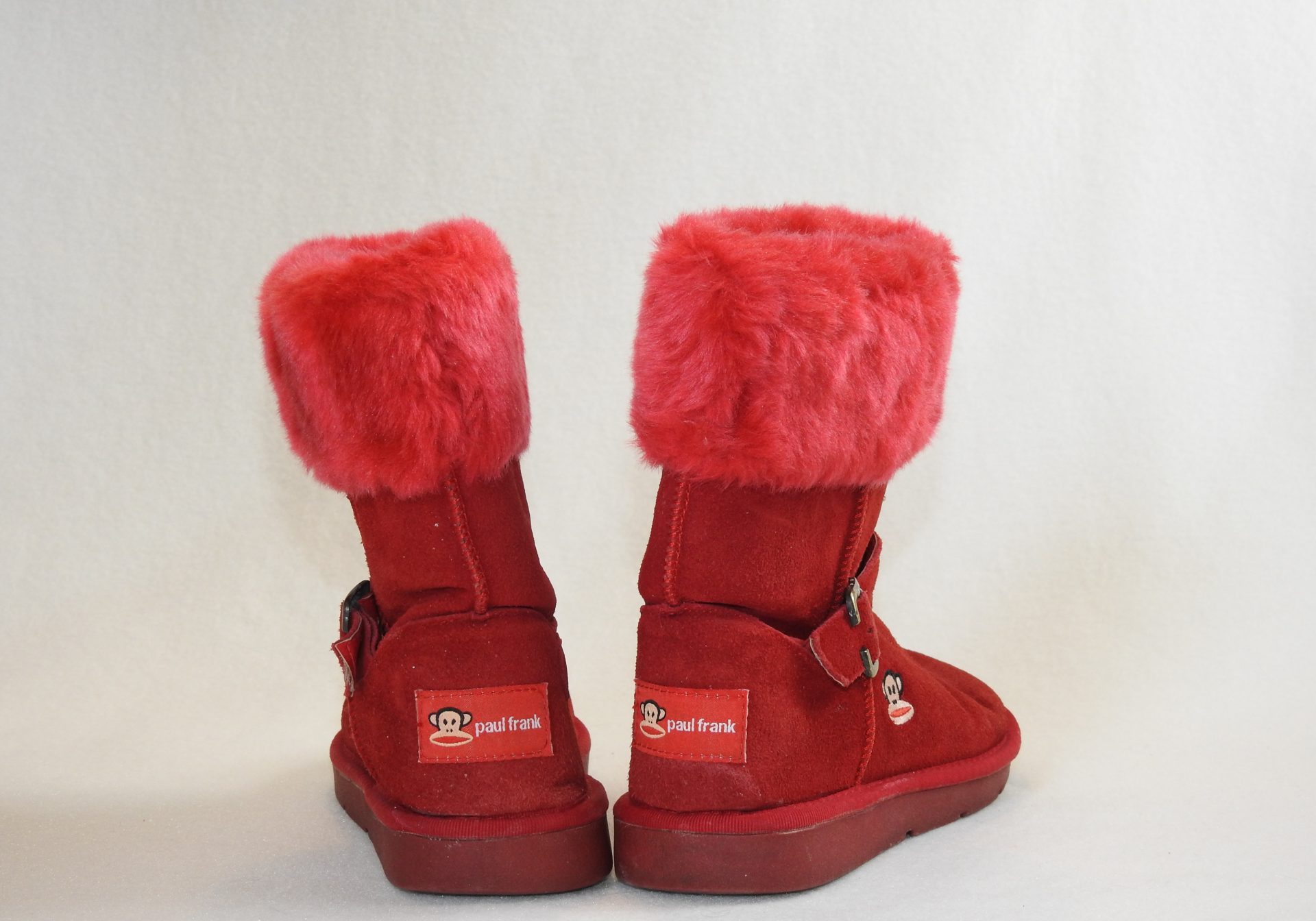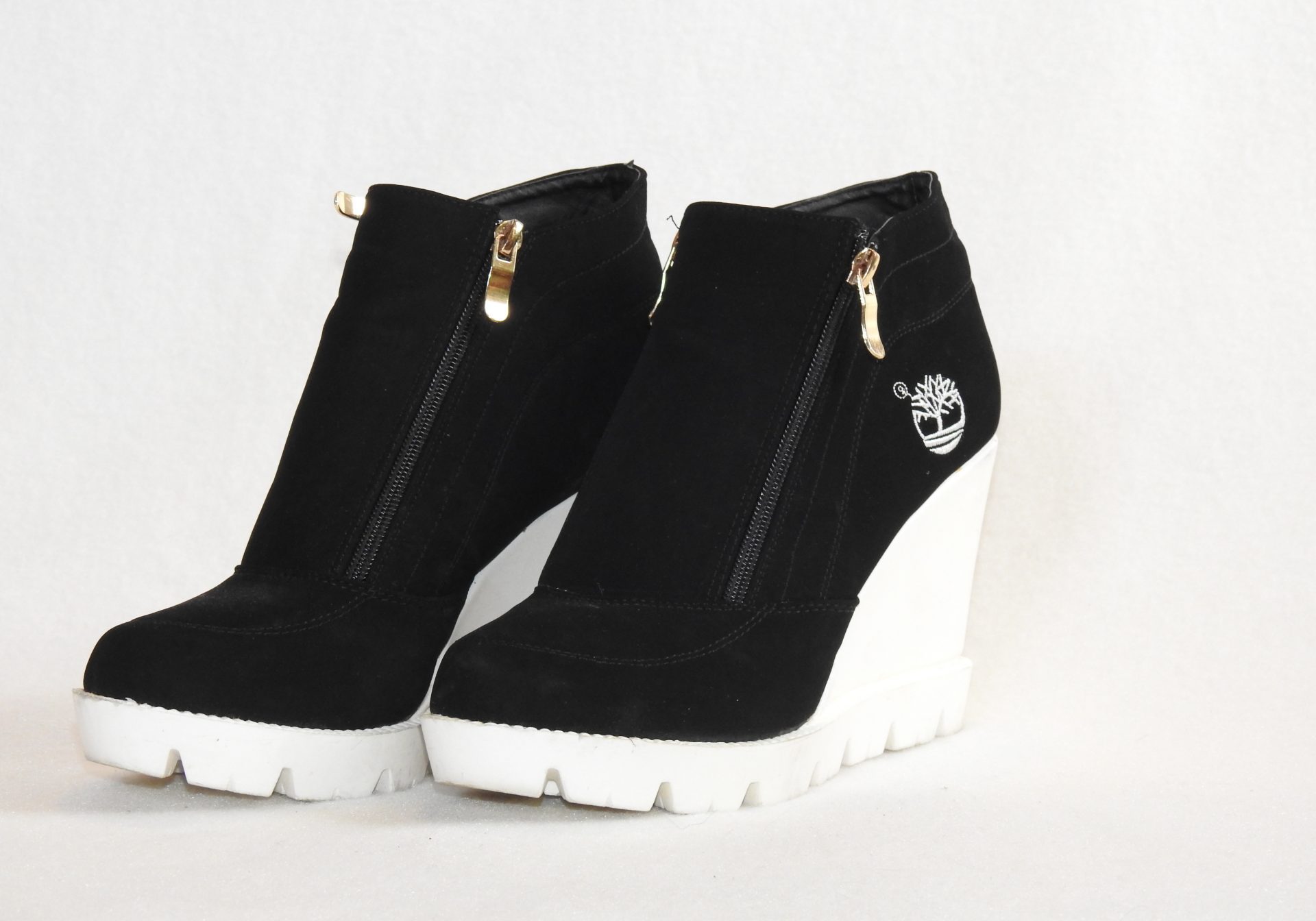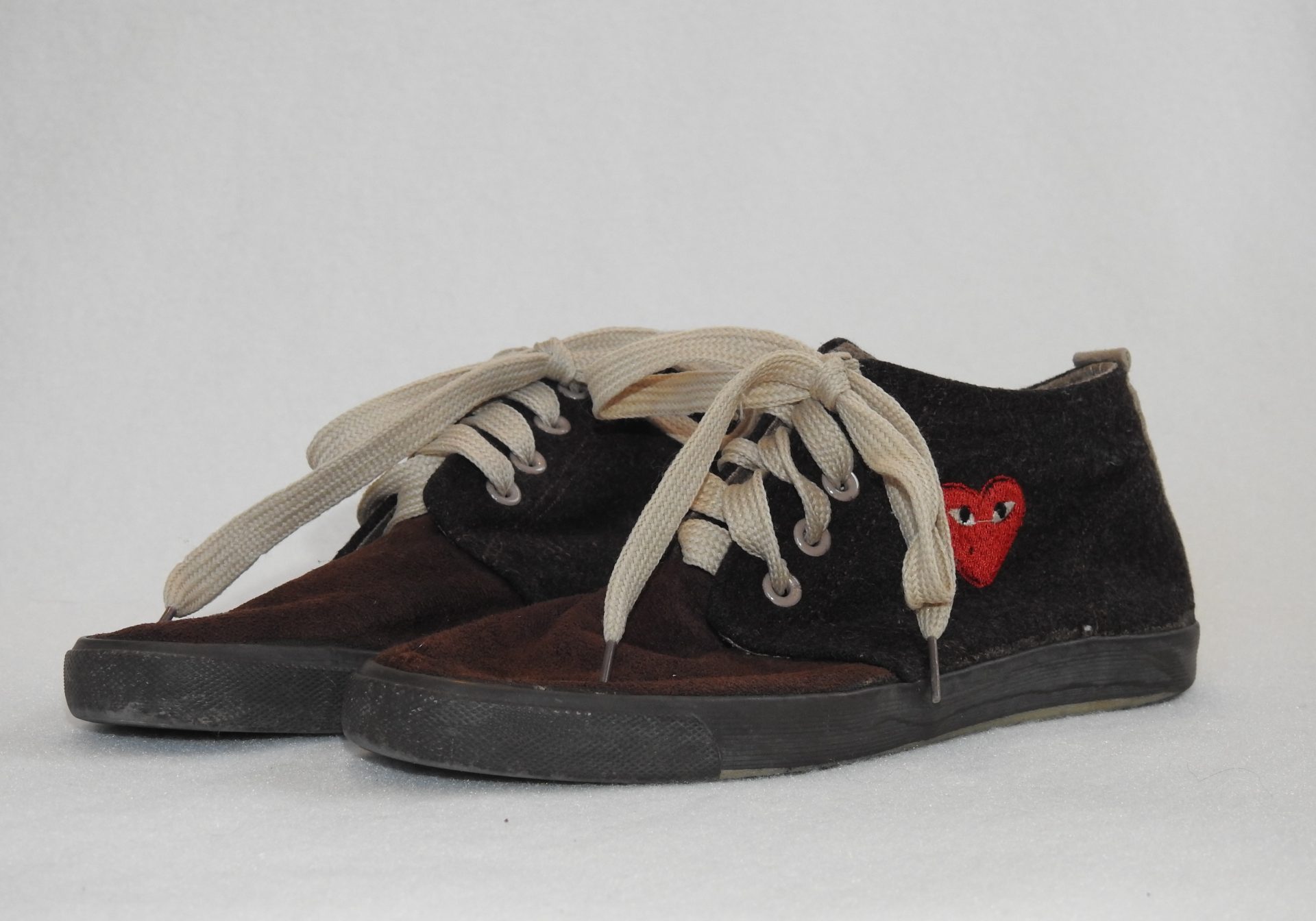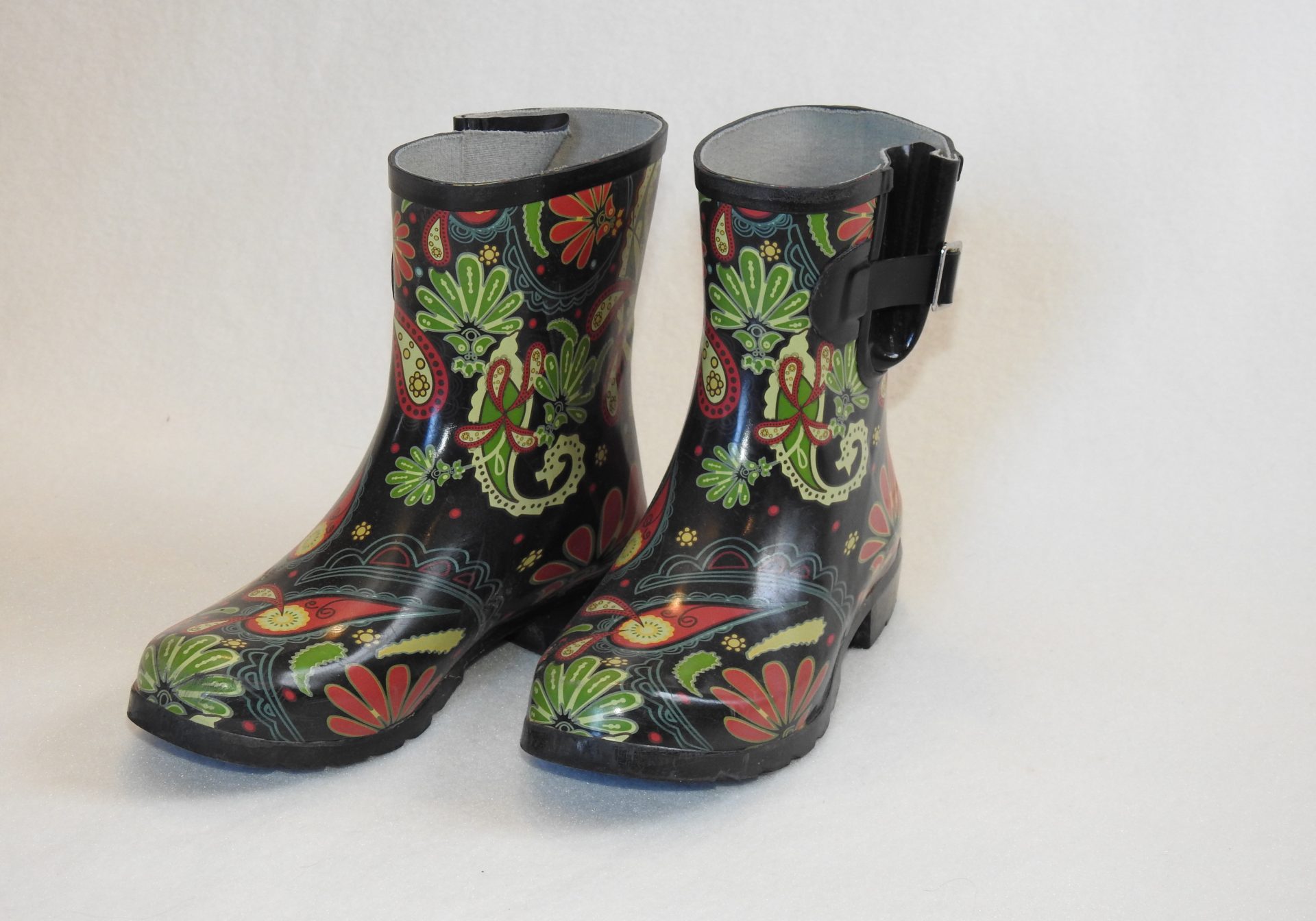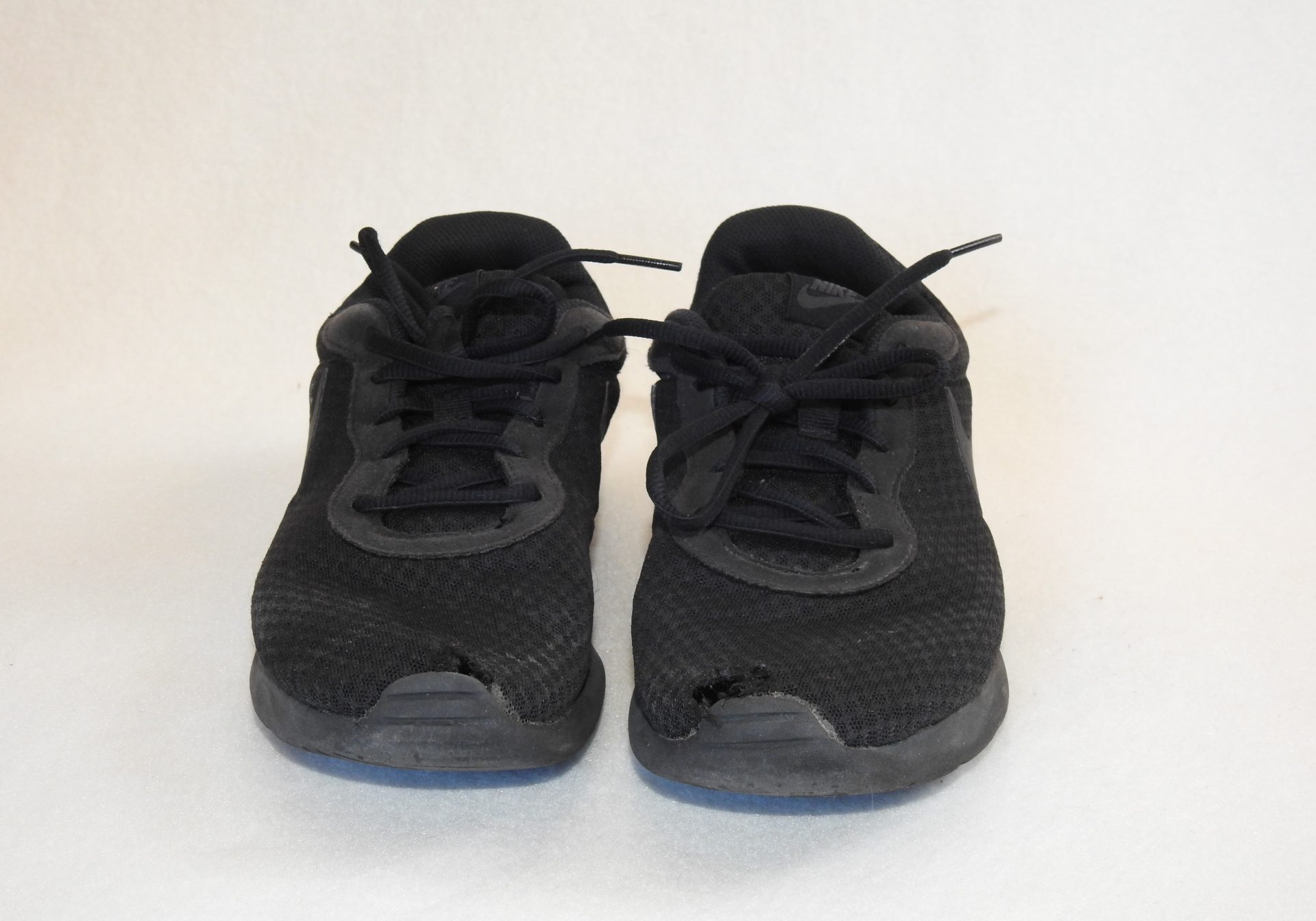Coming Home
Arta Rexhepi
Summary:
The family is given the order: leave Albania by five in the morning. The war in Kosovo is on their doorstep. Arta Rexhepi dons her favourite shoes that smell of mint and her vegetable garden. After days of walking and the horrors of a refugee camp, the family can come to Canada, but they must give up their clothes. She mourns her shoes as they disappear into a bin, but she is happy to be safe at last.
Story:
As my father closed the gate to our home, he was as pale as a lemon. My siblings, my friends and I were playing in our yard. My grandmother was on the porch knitting while my grandfather watered the plants in our garden.
“We have been given an ultimatum to leave by five in the morning,” he said in Albanian. “Pack lightly. We don’t know how far we have to walk. This is not a false alarm.”
The day turned grey. Our simple town became a place of panic. We had been evacuated once before but were told to return home. Around us, people said goodbye to their friends, cousins and teachers. Mothers rushed to the convenience store to pick up what was left of its supplies. Men at the curbside offered assistance to others in need. Farmers said their goodbyes to their barns and livestock.
I wondered what would happen to us, our homes, our friends? My friend Burim, a great soccer player who lost mobility in his legs due to a sudden illness, didn’t have a wheelchair. How would he run?
We were up before sunrise. The adults hadn’t slept. But they hadn’t been sleeping well for months, always on the lookout for a military ambush of our town. The war in Kosovo was deadly, and we had been waiting our turn.
We packed clothes, food and any medication. I put on my favourite new shoes that would flee with me. My shoes smelled fresh like mint, just like our home and vegetable garden. They were practical and comfortable, white running shoes, perfect for the unknown journey ahead.
We were a big family. My parents, their six children, my uncle, his wife and son, three seniors—and we had only one car. Some of my family ended up bundling with others.
The military showed up at 5 a.m. to evacuate families from their homes. Traffic lines were massive. My mother warned us not to look back, but we did. As we drove past our home, we saw it go up in flames. During our evacuation, we saw the military beat the imam of our town and other men.
We drove our car to a dumping area near Macedonia, where cars would be turned in and burned. We walked several kilometres to the Macedonian border with thousands of other evacuees. Some had walked for days. Children and mothers were crying for the family members they had lost, some killed, some missing. Many had no drinking water or food. Only small groups at a time were allowed to cross the border. We slept there, waiting for our turn. At least my shoes kept my feet comfortable and free from swelling.
“We won’t be separated,” my mother said as she glared at the soldiers who had pointed an automatic gun at her. She squeezed my shoulder. They let us go.
We spent the next month in the refugee camp in Stankovic, Macedonia, sleeping out in the rain until a tent became available. Access to water and medication was difficult. When my younger siblings became ill, my father applied for us to come to Canada as refugees.
When we arrived in Canada, health regulations meant we had to give up all of our clothing. I had to give up my shoes. They were dirty and didn’t smell like mint anymore, but they were all I had left of me. I watched them being thrown into a bin. But we were safe in this new country, far away from home and war. I thought it was only temporary, but twenty years later, I am still here. A proud Canadian citizen and a mother of three boys who are also proud to call Canada home.
ARTA REXHEPI came to Canada two decades ago with her family fleeing war-torn Kosovo. She has lived in Nova Scotia ever since and is the mother of three boys. Arta is a graduate of the NSCC Broadcast Journalism program and Is a freelance writer. She’s passionate about telling stories of underrepresented communities.
